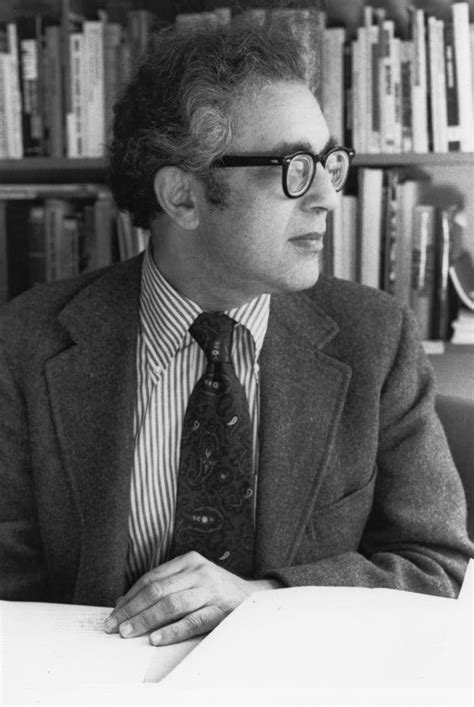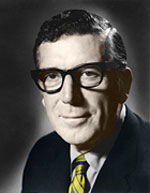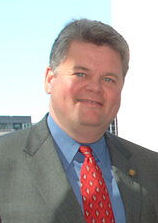A Quote by William Jennings Bryan
You came to tell us that the great cities are in favour of the gold standard; we reply that the great cities rest upon our broad and fertile plains. Burn down your cities and leave our farms, and your cities will spring up again as if by magic. But destroy out farms and the grass will grow in the city...You shall not press down upon the brow of labour this crown of thorns. You shall not crucify mankind upon a cross of gold.
Related Quotes
Fifty percent of the world's population lives in cities. In a couple of decades, 70 percent of the world's population will be living in cities. Cities are where the problem is. Cities are where the solution is, where creativity exists to address the challenges and where they have most impact. This is why, in 2005, the C40 was founded, an organization of cities that address climate change. It started with 18 cities; now it's 91. Cities simply are the key to saving the planet.
I never travel across this great nation without experiencing a feeling of gratitude and thanksgiving for all that we have and are. As I see its broad fruitful farms, its humming factories, its gleaming cities, certainly it is easy to realize that we have achieved unequaled material progress in this great country.
The Spirit of Cities presents a new approach to the study of cities in which the focus is placed on a city's defining ethos or values. The style of the book is attractively conversational and even autobiographical, and far from current social science positivism. For a lover of cities--and perhaps even for one who is not--The Spirit of Cities is consistently good reading.
We have food deserts in our cities. We know that the distance you live from a supplier of fresh produce is one of the best predictors of your health. And in the inner city, people don't have grocery stores. So we have to figure out a way of getting supermarkets and farmers markets into the inner cities.
The opportunities of the twenty-first century make those of us who care about cities feel like kids in a candy store: How will cities survive and lead the way in the transformation required to combat global warming? Resilient Cities gives us a road map for this epic journey upon which we are embarking.


































